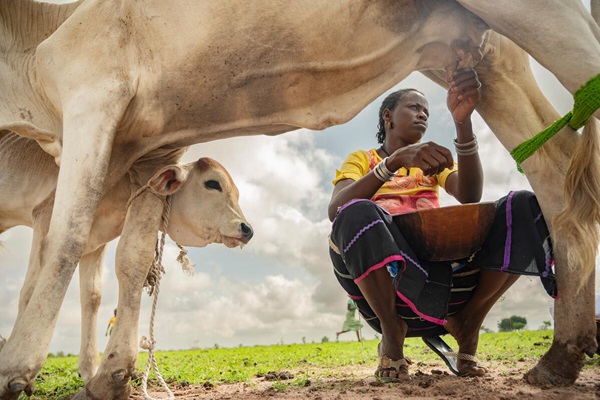
Global health security through One Health
08/08/2025
Interviews provide firsthand perspectives on challenges and successes in strengthening veterinary systems and combating zoonotic diseases.
.tmb-th600x400.jpg?Culture=en&sfvrsn=60c46e25_1)
Why youth are key to One Health’s success: Empowering the next generation for global resilience
11/08/2025
The One Health approach, which brings together human, animal, plant, and ecosystem health, offers a path forward. But a critical element often overlooked is youth engagement.
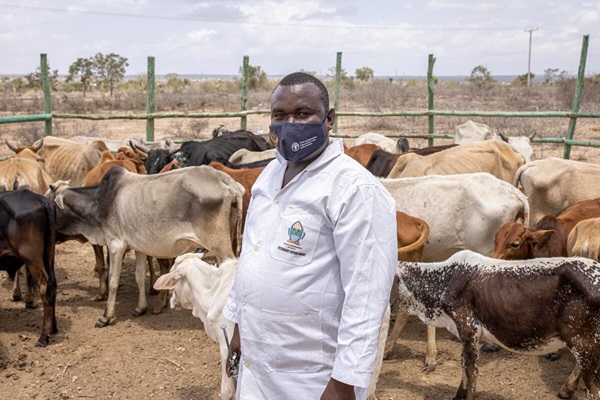
The economic case for One Health in agrifood systems: Why prevention pays
08/12/2025
As global food systems face mounting pressures a prevention focused One Health approach offers compelling economic advantages.
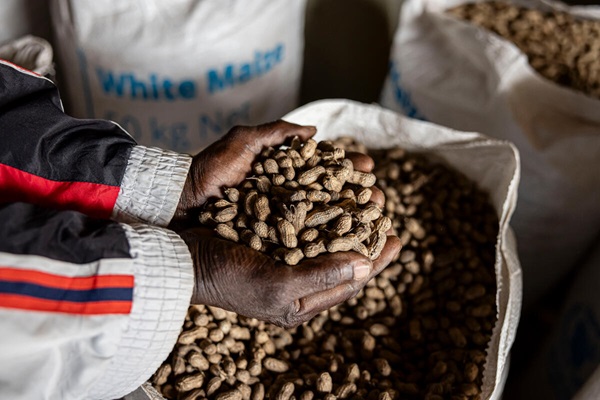
Mycotoxins: A silent risk to plants, people and animals
30/07/2025
In agrifood systems, there are threats to human, animal and plant health that can develop at any point along the food chain. Among these are mycotoxins – toxic chemicals produced by fungi.
.tmb-th600x400.jpg?Culture=en&sfvrsn=b425ba11_1)
How wildlife communities are protecting global health
29/07/2025
The Sustainable Wildlife Management Programme is helping transform traditional conservation and health practices.
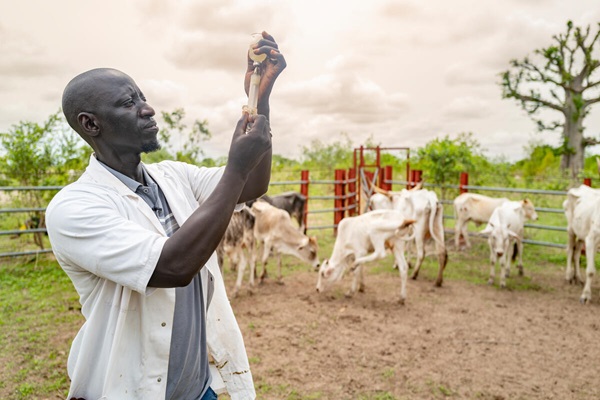
Bridging law and life: How One Health legislation transforms agrifood systems
25/07/2025
The One Health approach faces a fundamental challenge: how do you implement integrated solutions within legal frameworks that were designed for a segmented world?
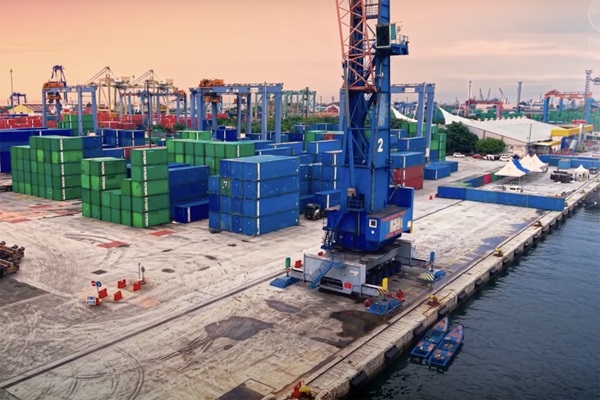
Strengthening Indonesia's biosecurity: A partnership for food safety and agricultural protection
23/07/2025
Every day, thousands of animals and animal products cross Indonesia's borders, driving economic growth but creating significant biosecurity risks.

Small islands, big risks: Why Pacific SIDS need a One Health approach to strengthen pandemic prevention
22/07/2025
In Pacific Small Island Developing States (SIDS), where land, sea, and communities are tightly interwoven, a health threat in one sector quickly becomes a crisis in another.
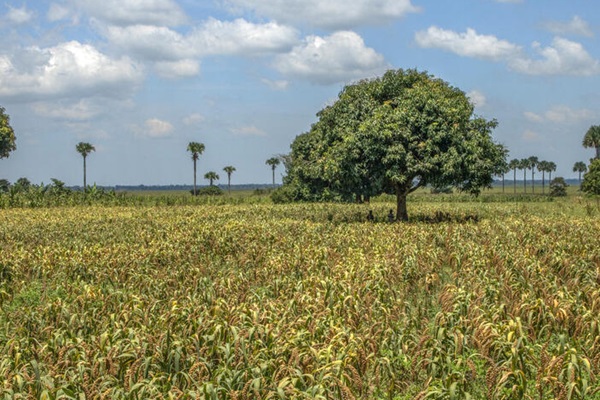
Crops and trees – allies for plant health and One Health
24/07/2025
What happens when trees and crops grow on the same land? How do trees on farms help shape healthier communities and ecosystems?
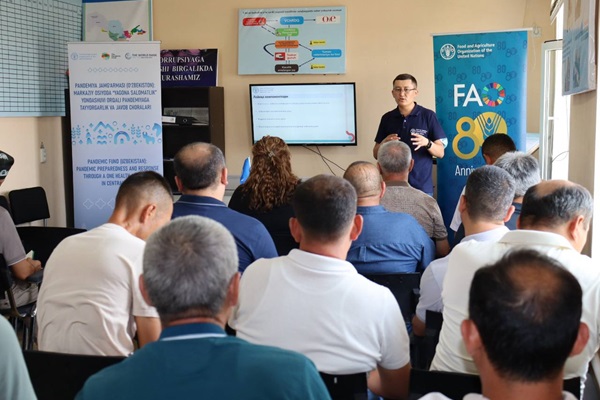
FAO and the Pandemic Fund support Uzbekistan in strengthening its veterinary system and responding to zoonotic threats
18/07/2025
FAO and the Committee for Veterinary and Livestock
Development of the Republic of Uzbekistan is conducting a series of
specialized trainings for district-level epizootiologists across all regions of the country.
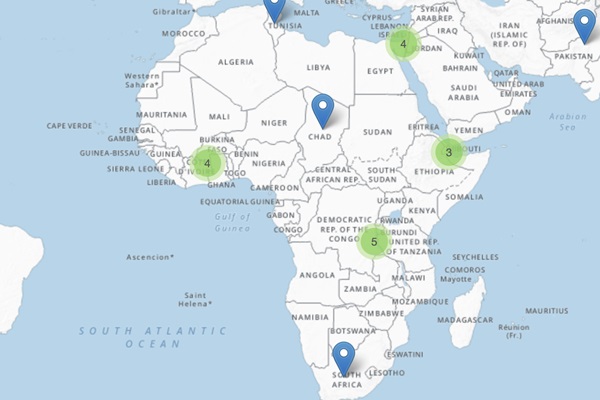
The Pandemic Fund projects: preventing and preparing for future pandemics
21/07/2025
FAO is co-leading the implementation of 32 Pandemic Fund projects worth over USD 165 million aimed to boost local and global health security.
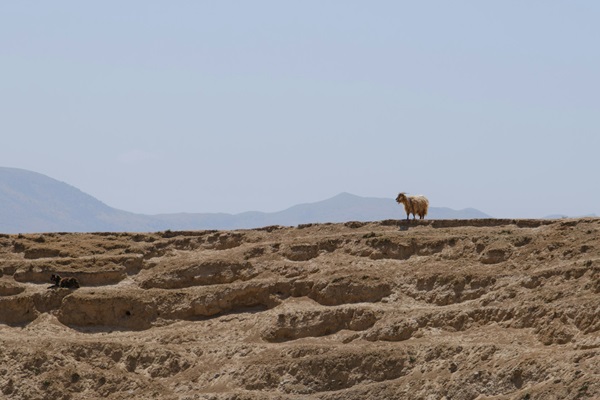
Strengthening Uzbekistan's pandemic preparedness through One Health
18/07/2025
FAO's Pandemic Fund project enhances disease surveillance, laboratory capacity, and veterinary workforce development in Central Asia.
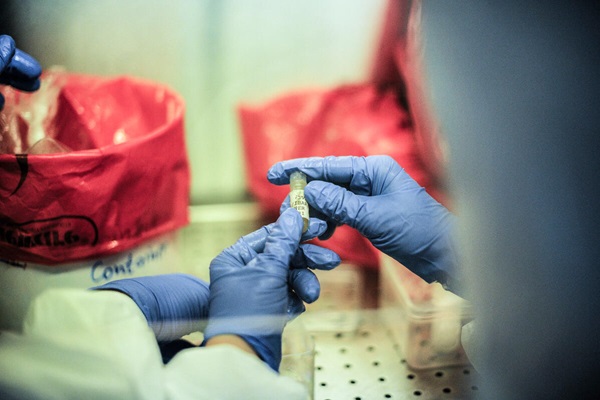
Why early detection matters: Making the case for One Health surveillance
15/07/2025
Whether it's livestock diseases, crop pests, zoonotic spillovers, or environmental shifts that threaten food production, many crises begin silently.
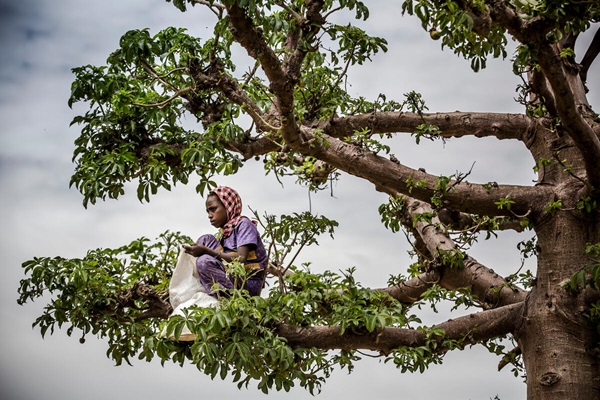
Seven vital ecosystem services plants provide
09/07/2025
Across the world, billions depend on the invisible benefits of plants yet rarely recognize them as the life-support networks they are.
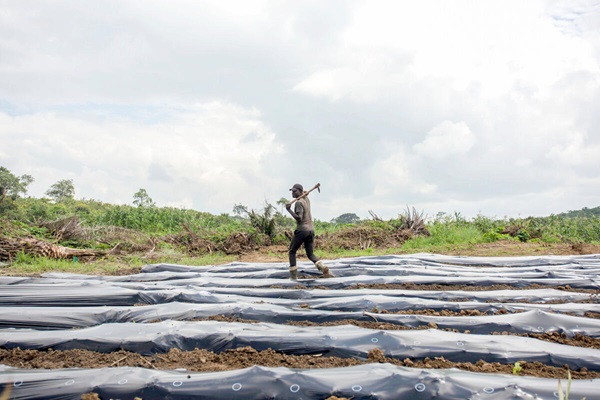
Plastic pollution and agrifood systems: Why One Health matters now more than ever
27/11/2025
Faced with such a complex, multilayered threat, no single discipline or sector can offer a solution. This is why the One Health approach is so urgently needed.
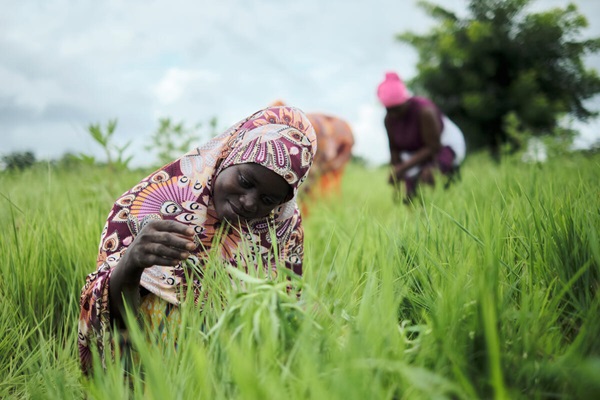
How climate change impacts plant health - and why it matters for One Health
09/07/2025
As temperatures rise, rains become less predictable, and extreme weather strikes more often, plant pests and diseases are spreading in ways not seen before.
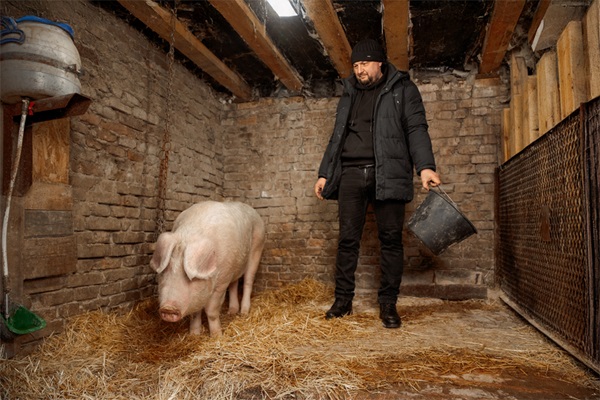
Strengthening Ukraine’s health systems through online One Health training
07/07/2025
Almost 500 professionals from Ukraine’s animal health, public health, food safety, and wildlife sectors were hosted during a comprehensive online One Health training course aimed at strengthening the country’s health systems through cross-sectoral collaboration.
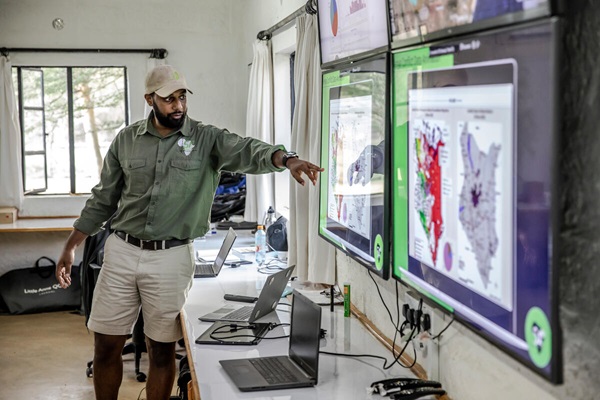
How early warning systems for plant health protect crops, people, and planet
07/07/2025
Early warning for plant health means detecting plant pests and diseases at the earliest stage, before they spiral into emergencies.
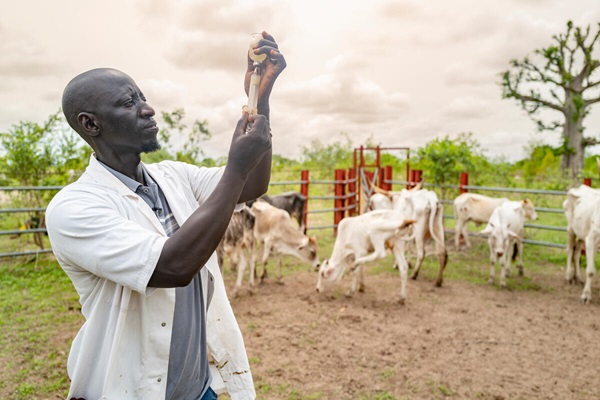
Decoding pathogen spillover: Understanding the origins of zoonotic threats
03/07/2025
Spillover events are rarely attributable to a single cause. Instead, they arise from a confluence of factors that is amplified at the interface between humans, animals, and the environment.
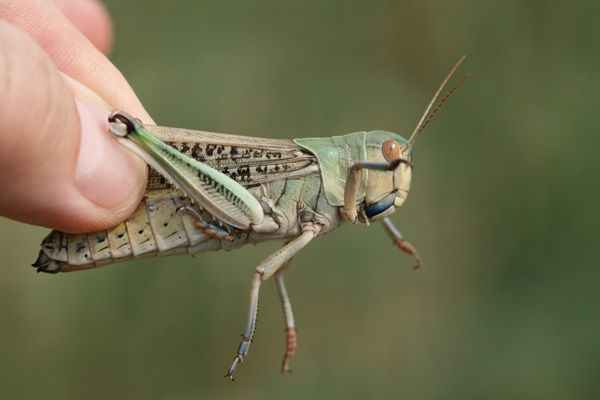
One Health on the frontlines: Sustainable locust management in Caucasus and Central Asia
27/06/2025
In the vast steppes and fertile fields of the Caucasus and Central Asia, what looks like a shimmer on the horizon can be the beginning of disaster: locusts - winged, ravenous, and relentless.
